When it comes to getting things done, productivity isn’t just about managing tasks—it’s also about understanding how your mind works. Whether you’re striving to excel in your career or balance personal responsibilities, knowing how psychology impacts your performance can make a significant difference. In this article, we’ll delve into the fascinating connection between psychology and productivity, and show you how leveraging mental insights can enhance your performance.
Understanding the Psychology of Productivity
So, what exactly do we mean by productivity psychology? Essentially, it’s the study of how mental processes, beliefs, and attitudes shape the way we work. It’s not just about what you do, but also how you think about it. Productivity psychology explores factors like motivation, mindset, and emotional regulation, and examines how these elements influence your ability to get things done efficiently.
Key Psychological Factors Affecting Productivity
Several psychological factors can make or break your productivity:
- Motivation: Your drive to achieve goals is crucial. Whether intrinsic (coming from within) or extrinsic (driven by external rewards), motivation affects how much effort you’re willing to put in.
- Mindset: A growth mindset, where you believe that your abilities can improve with effort, can lead to greater resilience and productivity compared to a fixed mindset, which views abilities as static.
- Focus: The ability to concentrate on tasks without being distracted is essential. Psychological factors like stress and mental fatigue can significantly impact your focus.
- Emotional Well-being: How you handle stress and emotions can affect your productivity. High levels of stress or poor emotional regulation can lead to decreased efficiency and burnout.

Techniques for Enhancing Productivity Through Psychological Insights
Ready to use psychology to boost your productivity? Here are some techniques:
- Set Clear, Achievable Goals: Use the principles of SMART goals to define what you want to accomplish. Break larger goals into smaller, manageable tasks to prevent feeling overwhelmed and to keep your motivation high. For example, if your goal is to improve your public speaking skills, set milestones like practicing for 15 minutes daily and participating in a local speaking club within the next month.
- Cultivate a Growth Mindset: Embrace the belief that your abilities and intelligence can be developed with effort and persistence. When faced with challenges, view them as opportunities to learn rather than insurmountable obstacles. Incorporate daily affirmations or journaling to reinforce this mindset. For instance, start each day by writing down one area where you’d like to improve and a strategy for tackling it.
- Practice Mindfulness and Emotional Regulation: Incorporate mindfulness practices such as meditation or deep-breathing exercises into your routine to enhance focus and reduce stress. Even just a few minutes a day can help you manage your emotions better and stay calm under pressure. Apps like Headspace or Calm can provide guided sessions to get you started.
- Create a Positive Workspace: Design your work environment to enhance focus and reduce distractions. Incorporate elements that positively impact your mood and productivity, such as adequate lighting, comfortable furniture, and inspiring visuals. A well-organized space can significantly affect your mental clarity and efficiency.
- Build Healthy Habits: Establish routines that support mental and physical health. Prioritize activities such as regular exercise, adequate sleep, and balanced nutrition, which can significantly impact your productivity. For example, consider setting a fixed bedtime and wake-up time to regulate your sleep pattern, and schedule short, daily workouts to boost your energy levels.
- Reflect and Adjust: Regularly review your progress and reflect on what’s working and what isn’t. Adjust your routines based on these reflections to better align with your goals and psychological needs. This might involve tweaking your goal-setting strategies or experimenting with different productivity techniques to find what works best for you.
Overcoming Common Psychological Barriers to Productivity
Even with the best strategies, psychological barriers can still crop up. Here’s how to tackle them:
- Procrastination: Combat procrastination by breaking tasks into smaller chunks and setting deadlines. The Pomodoro Technique—working in focused intervals with breaks—can also help.
- Lack of Motivation: Identify the root cause of your lack of motivation. Is it a lack of interest, unclear goals, or something else? Addressing these issues directly can help rekindle your drive.
- Stress and Burnout: Implement stress-management techniques, such as regular exercise, adequate rest, and time for relaxation. Recognizing the signs of burnout early and taking proactive steps can prevent it from derailing your productivity.
- Self-Doubt: Build confidence by setting and achieving small goals. Reflect on your accomplishments to counteract negative self-talk and reinforce a positive self-image.

Conclusion
Psychology can be a powerful tool for elevating your productivity. Understanding how your mind works and using those insights to shape your daily routines can seriously up your game. From setting clear goals and adopting a growth mindset to creating a killer workspace and managing stress, these tips can help you get more done and feel great while doing it.
Remember, it’s not just about working harder but smarter. Keep tweaking and refining your approach as you go, and don’t be afraid to mix things up if something isn’t quite working. The journey to peak productivity is all about finding what clicks for you and running with it.
For more tips and tricks on maximizing your time and energy, keep exploring the articles on this site.
Additional Resources
If you’re interested in learning more about productivity and psychology, check out these recommended books:
- “Atomic Habits: An Easy & Proven Way to Build Good Habits & Break Bad Ones” by James Clear
This book explores how small changes can lead to significant results in your productivity and habits. Clear combines psychology with practical strategies for improving your life.
- “Deep Work: Rules for Focused Success in a Distracted World” by Cal Newport
Newport offers an in-depth look at how to maximize your ability to focus in a world full of distractions, based on the psychology of focus and productivity.
- “The Power of Habit: Why We Do What We Do in Life and Business” by Charles Duhigg
Duhigg explores the science behind habits and how you can change them to improve your productivity and effectiveness in both personal and professional life.
- “Mindset: The New Psychology of Success” by Carol S. Dweck
Dweck examines the concept of “mindset” and how a growth mindset can impact your success and productivity.
- “Getting Things Done: The Art of Stress-Free Productivity” by David Allen
A classic in the productivity world, Allen offers a psychology-based approach to managing tasks and reducing stress.
- “Drive: The Surprising Truth About What Motivates Us” by Daniel H. Pink
Pink explores the psychology behind motivation and how you can apply it to enhance your productivity and satisfaction in work and personal life.
- “Peak: Secrets from the New Science of Expertise” by Anders Ericsson and Robert Pool
This book focuses on how to develop skills and achieve peak performance, based on the psychology of learning and deliberate practice.
- “Procrastination: Why You Do It, What to Do About It Now” by Jane B. Burka and Lenora M. Yuen
Burka and Yuen delve into the psychological causes of procrastination and offer strategies to overcome it and improve your productivity.

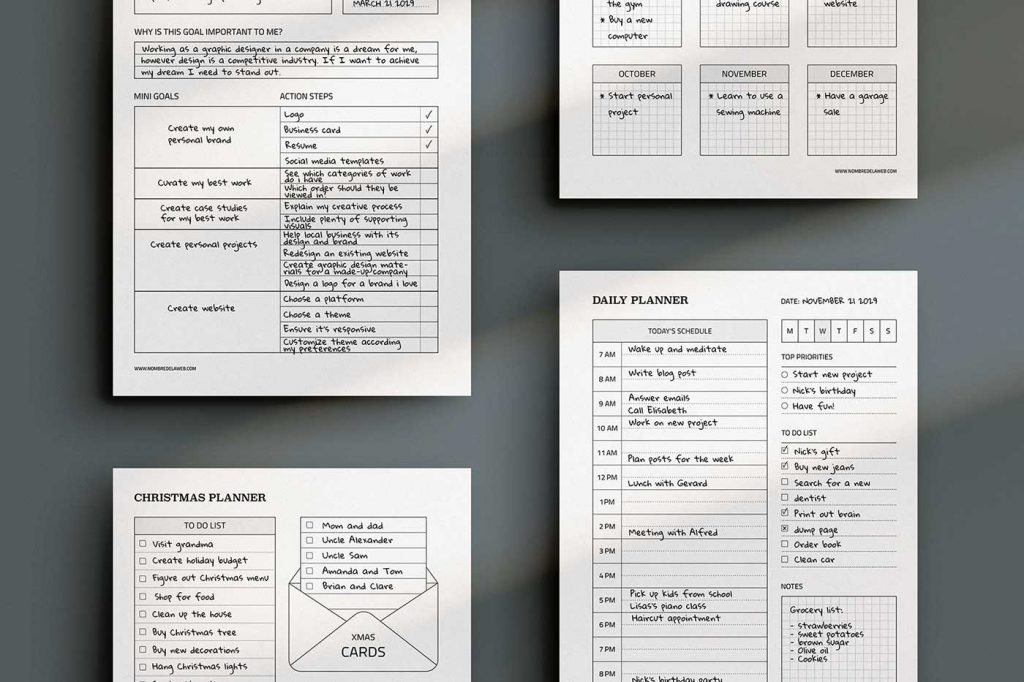
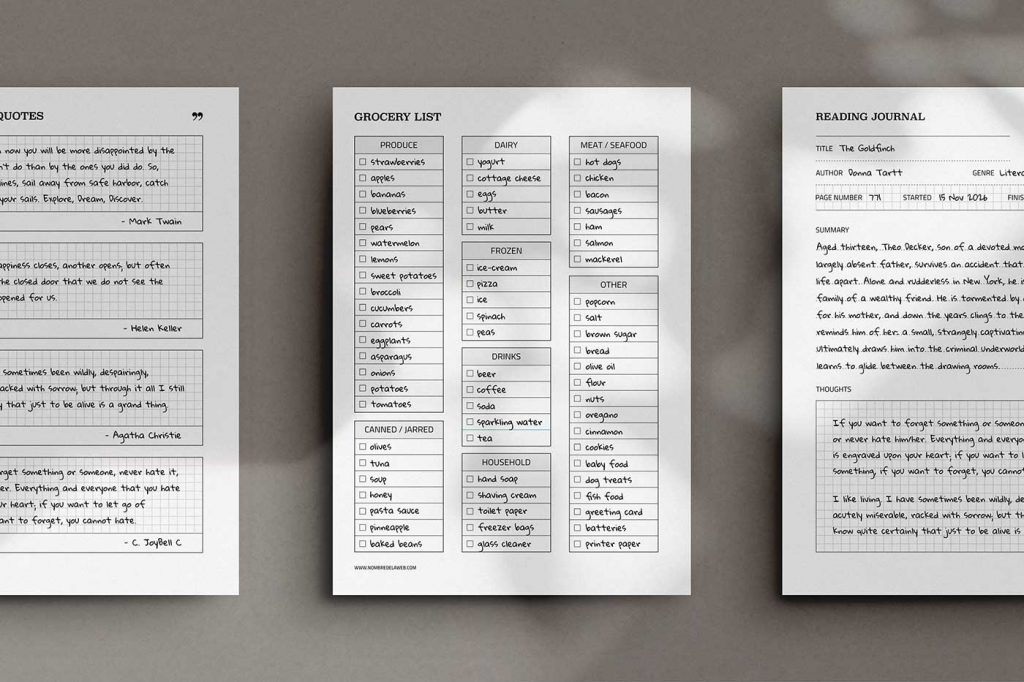
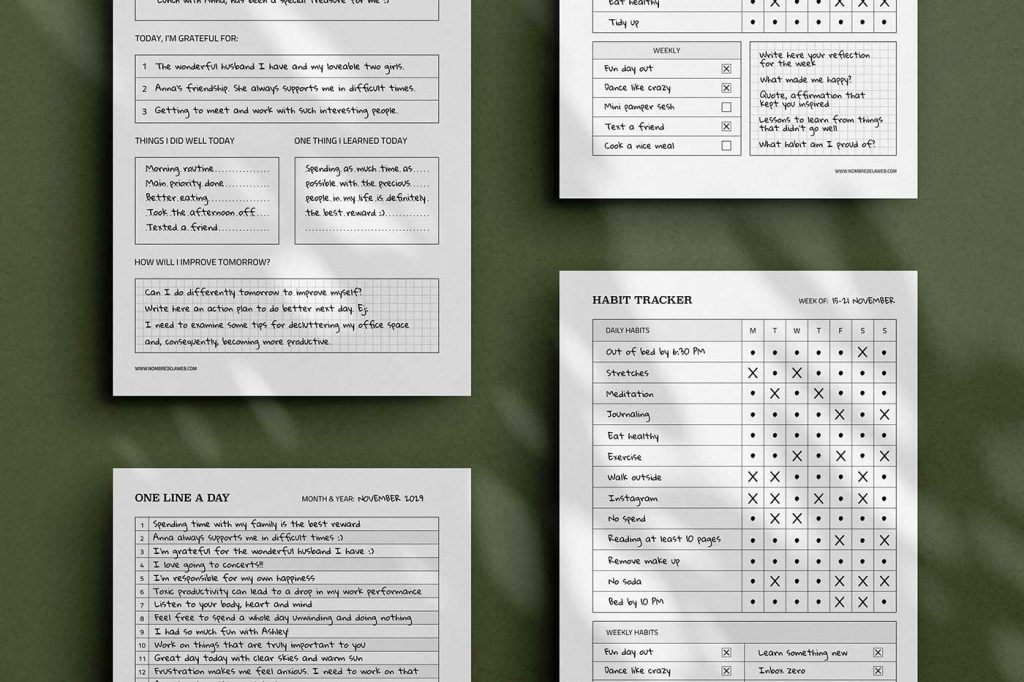
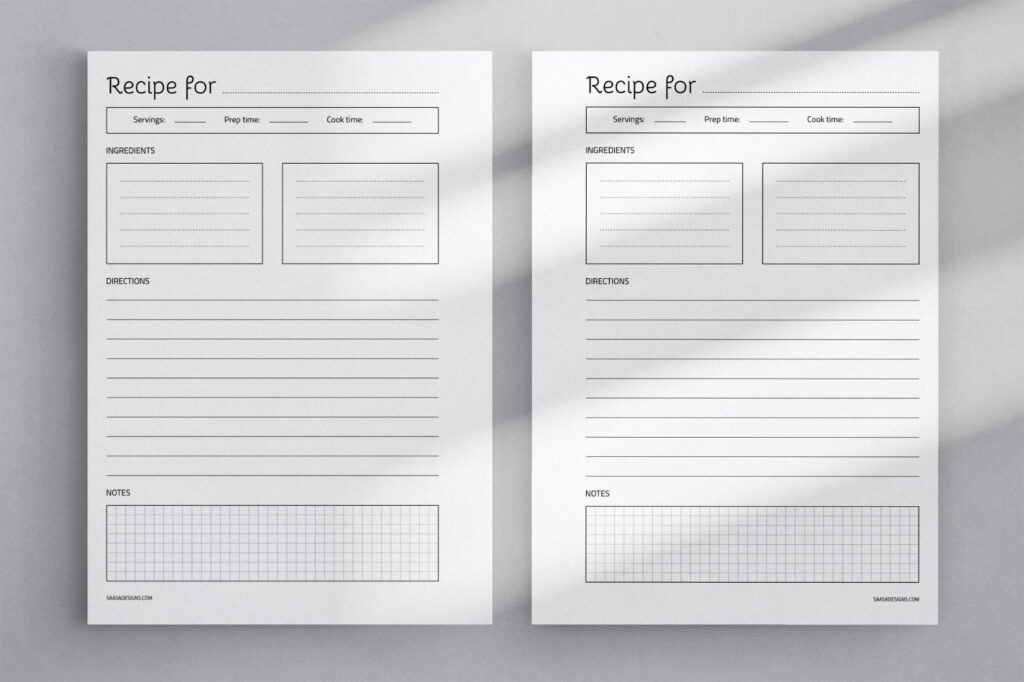
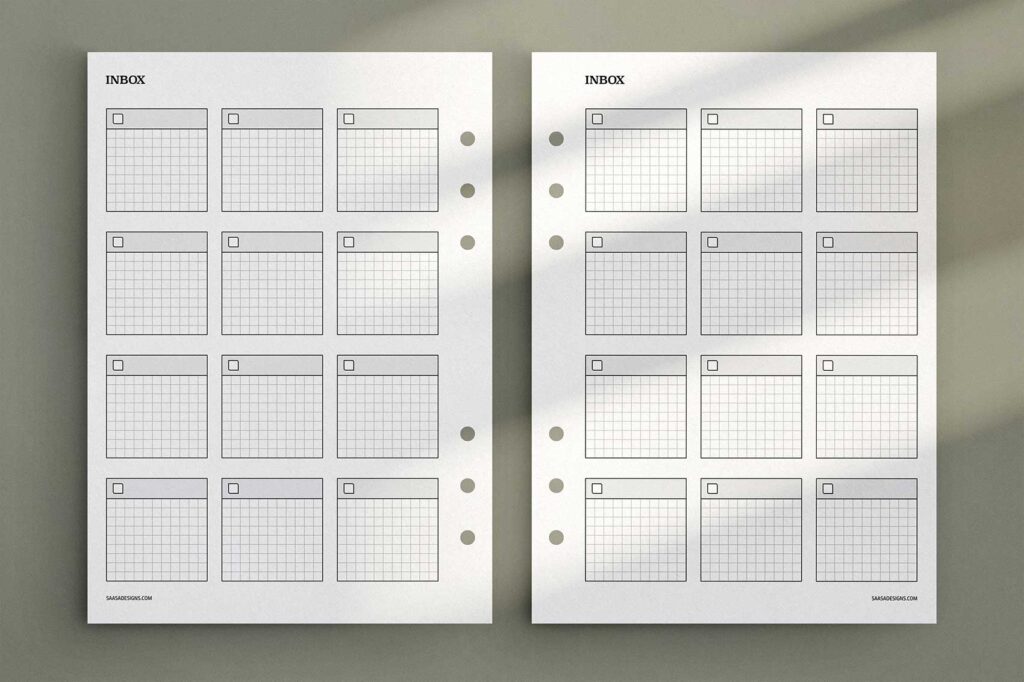
Leave a Reply